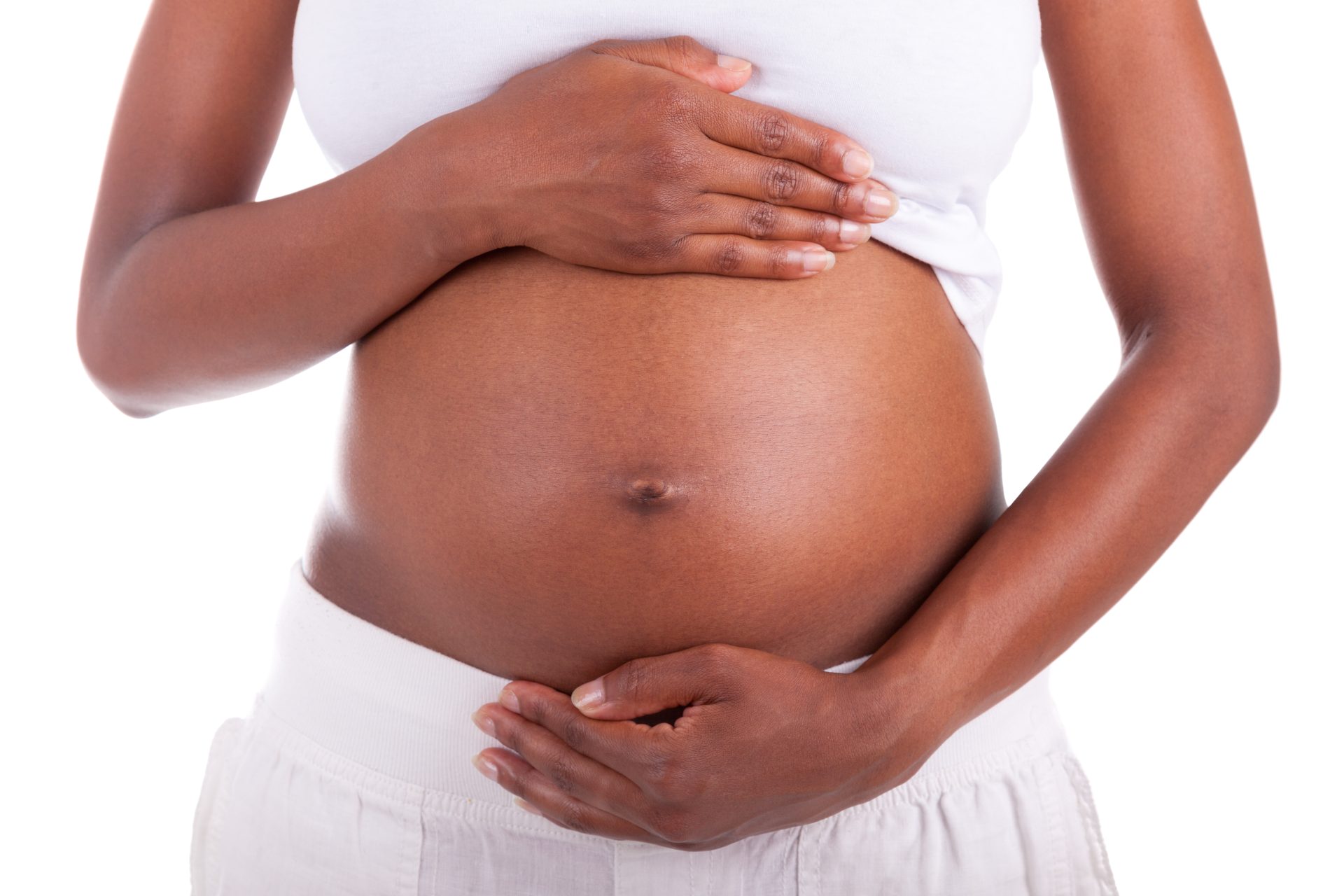Experiencing a miscarriage can be one of life’s most devastating events, yet the emotional aftermath often goes unaddressed in medical settings that focus primarily on physical recovery. While the body may heal relatively quickly, the psychological impact can linger for months or even years without proper support. Research consistently shows that seeking mental health assistance following pregnancy loss provides significant benefits for both immediate coping and long-term wellbeing.
1. The hidden grief experience
When pregnancy ends unexpectedly, many people experience a form of disenfranchised grief—one that society doesn’t fully acknowledge or provide clear rituals for processing. Unlike other losses that receive immediate community support, miscarriage grief often remains private and isolating. Without external validation of this loss, many struggle to give themselves permission to fully experience and work through their emotions.
Mental health professionals specializing in reproductive trauma understand the unique dimensions of this grief. They create safe spaces for individuals to express feelings that others might minimize or dismiss. This validation alone can begin the healing process, helping those affected understand that their grief is legitimate regardless of how early the pregnancy loss occurred.
2. Preventing complicated grief and depression
Research indicates that approximately 20% of women experience clinical depression or anxiety following miscarriage. Without appropriate intervention, these conditions can develop into prolonged, complicated grief that interferes with daily functioning and relationships.
Professional mental health support introduces effective coping strategies during this vulnerable period. Therapeutic approaches like cognitive behavioral therapy help identify and address negative thought patterns that might emerge after pregnancy loss. These might include thoughts of personal failure, guilt, or fear about future pregnancies. By confronting these thoughts directly with professional guidance, individuals can prevent them from becoming entrenched beliefs that complicate recovery.
3. Supporting relationship dynamics
Miscarriage affects not only individuals but partnerships and family systems. Partners often process grief differently, creating potential for misunderstanding and conflict during an already difficult time. One partner might desire open conversation while another copes through activity or work. These differences can lead to feelings of abandonment or resentment without proper communication.
Mental health professionals help couples understand these different grieving styles and develop compassionate communication strategies. Couples therapy specifically focused on pregnancy loss helps partners support each other effectively while honoring individual needs. This professional guidance helps preserve relationship strength during a challenge that statistics show can otherwise increase separation risks.
4. Preparing for future pregnancies
For many who experience miscarriage, anxiety about future pregnancies becomes overwhelming. Studies show that pregnancy after loss often comes with heightened vigilance, reduced joy, and persistent fear—emotions that can affect both maternal wellbeing and prenatal bonding. This anxiety may begin even before conception, creating stress during family planning discussions.
Mental health support helps address these fears directly while developing realistic perspectives on risk. Therapists can teach specific anxiety management techniques that prove valuable during subsequent pregnancies. Many find that processing their grief fully with professional support allows them to approach future pregnancies with hope and resilience rather than paralyzing fear.
5. Building resilience through trauma-informed care
Pregnancy loss represents a form of trauma for many individuals—one that can trigger previous traumatic experiences or create new vulnerability. Mental health providers trained in trauma-informed approaches understand how miscarriage can impact one’s sense of safety, control, and trust in their own body.
These specialists employ evidence-based strategies to help rebuild psychological security and develop resilience. Through approaches like EMDR (Eye Movement Desensitization and Reprocessing) or somatic experiencing, individuals learn to process their experience in ways that integrate it into their life narrative without allowing it to dominate their identity or future.
With appropriate trauma-informed support, many find that healing from miscarriage ultimately contributes to personal growth, deeper self-understanding, and enhanced capacity for managing future challenges—what psychologists term “post-traumatic growth.”
Finding the right support
While traditional therapy provides valuable support, specialized resources for pregnancy loss continue expanding. Support options now include:
- Individual therapy with providers specializing in reproductive trauma
- Couples counseling focused on navigating grief together
- Support groups (both in-person and online) connecting those with similar experiences
- Reproductive psychiatrists who can address medication needs when appropriate
- Mind-body programs incorporating meditation and somatic approaches to healing
For those with previous mental health conditions, promptly reconnecting with existing providers following miscarriage proves particularly important for maintaining stability during this vulnerable period.
Healthcare providers increasingly recognize the importance of psychological support following miscarriage. Many hospitals and obstetric practices now incorporate mental health screening during follow-up appointments, helping identify those who might benefit from additional resources. Advocating for this screening remains important when it isn’t automatically offered.
The journey through grief after miscarriage isn’t linear, and professional support acknowledges this reality. With appropriate mental health resources, individuals and couples find not only relief from immediate suffering but often deeper resilience and meaning as they integrate this difficult experience into their life story.
By prioritizing mental health support following miscarriage, those affected give themselves permission to honor their loss, process their grief, and ultimately move forward—not by forgetting, but by carrying their experience with them in a way that allows for future hope and connection.















